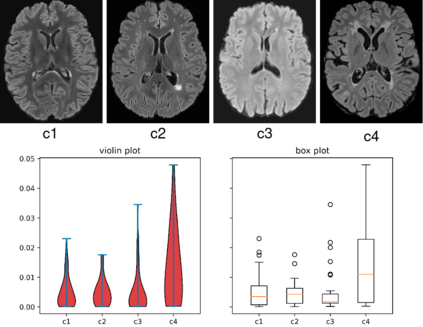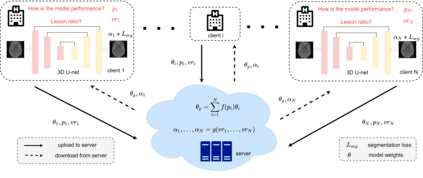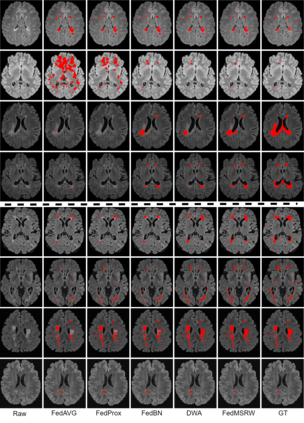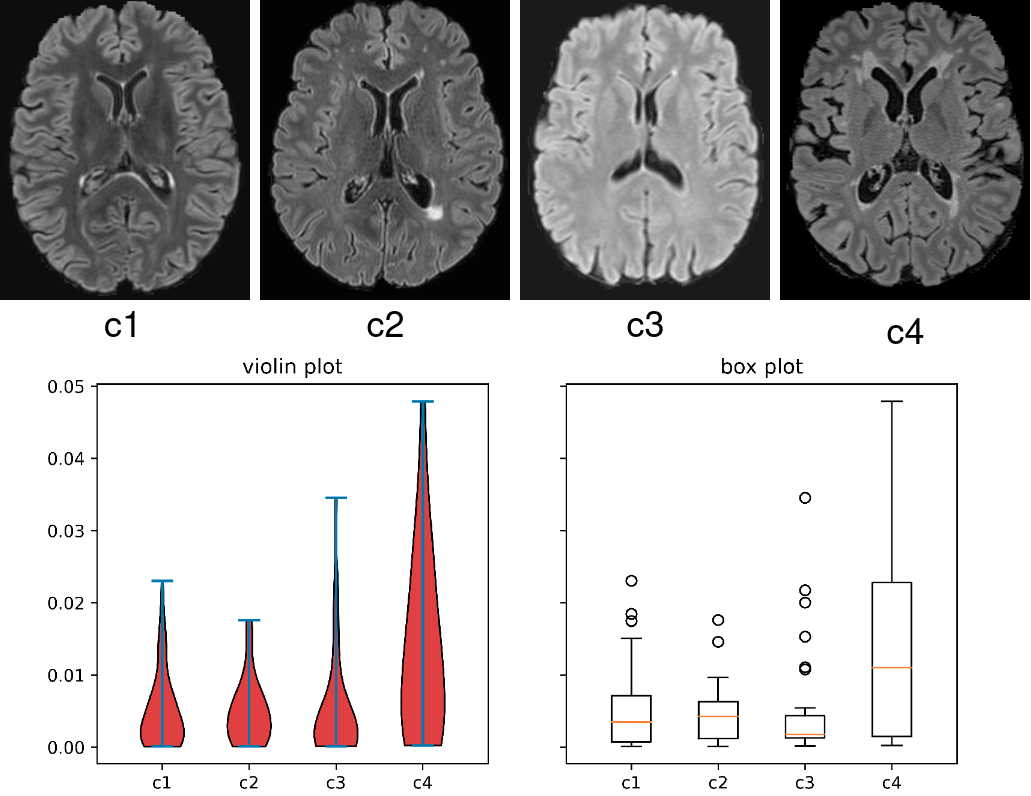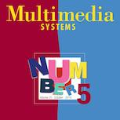Federated learning (FL) has been widely employed for medical image analysis to facilitate multi-client collaborative learning without sharing raw data. Despite great success, FL's performance is limited for multiple sclerosis (MS) lesion segmentation tasks, due to variance in lesion characteristics imparted by different scanners and acquisition parameters. In this work, we propose the first FL MS lesion segmentation framework via two effective re-weighting mechanisms. Specifically, a learnable weight is assigned to each local node during the aggregation process, based on its segmentation performance. In addition, the segmentation loss function in each client is also re-weighted according to the lesion volume for the data during training. Comparison experiments on two FL MS segmentation scenarios using public and clinical datasets have demonstrated the effectiveness of the proposed method by outperforming other FL methods significantly. Furthermore, the segmentation performance of FL incorporating our proposed aggregation mechanism can exceed centralised training with all the raw data. The extensive evaluation also indicated the superiority of our method when estimating brain volume differences estimation after lesion inpainting.
翻译:联邦学习(FL)被广泛用于医学图像分析,以便利多客户合作学习,而没有共享原始数据。尽管取得了巨大成功,但FL的性能有限,因为不同扫描仪和获取参数所显示的损伤特征不同,因此,由于不同扫描仪和获取参数所显示的偏差特性不同,FL的性能有限;在这项工作中,我们提议通过两个有效的重新加权机制,建立第一个FL MS的偏差分化框架。具体地说,在汇总过程中,根据分化性能,为每个本地节点分配了可学习的权重。此外,每个客户的分化损失功能也根据培训期间的数据的偏差量进行重新加权。使用公共和临床数据集对两种FL MS 分解假设进行的比较实验表明拟议方法的效力,大大优于其他FL方法。此外,纳入我们提议的组合机制的FL的分化性能可以超过所有原始数据的集中化培训。广泛的评价还表明,在估算脑量差异估计时,我们的方法在油漆变差后具有优越性。

